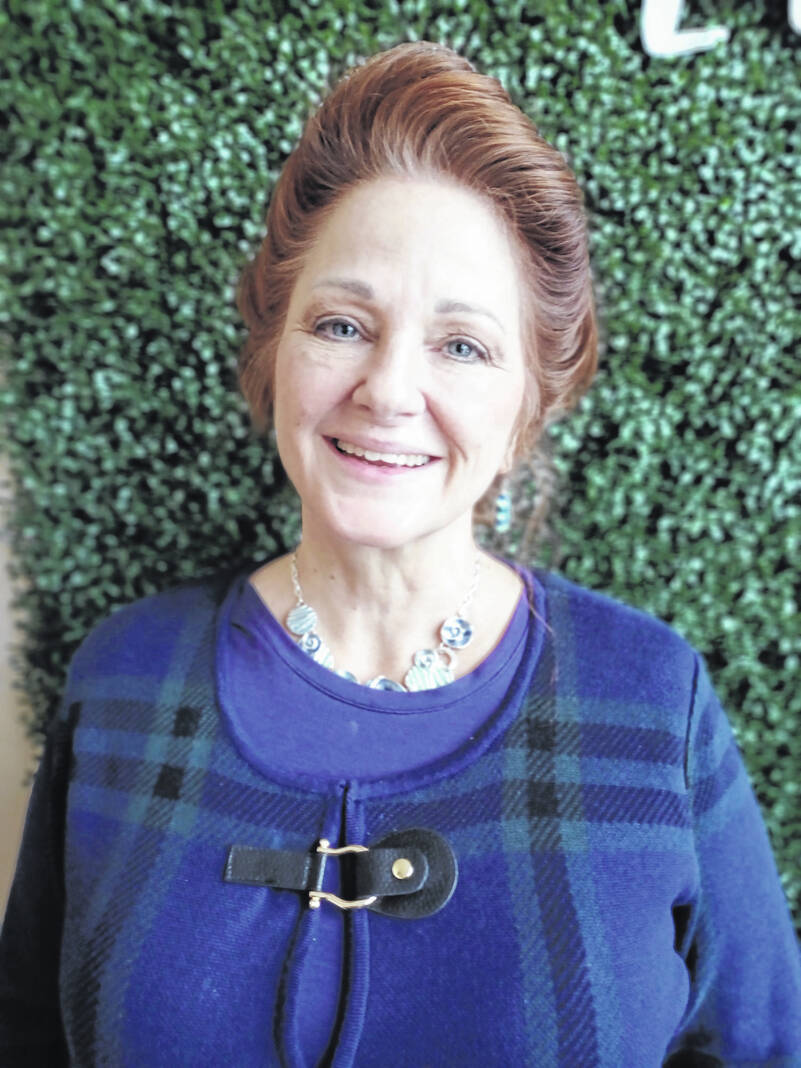
Editor’s note: This is part one of a two-part series. Part two will run next Friday.
The concept of free will has long been a subject of philosophical debate, sparking discussions on the nature of human agency and the choices we make.
However, an unsettling idea has been gaining traction: that trauma so damages us that we lose the ability to choose-that is, that terrible events cause us to have no choice in our actions, no choice but to self-medicate, no choice but to react badly. This is essentially an anti-God and anti-human idea, undermining the very basis for a free, unforced relationship between Creator and creation. It destroys the search for meaning and denies the potential for healing. The existence of free will, despite trauma, is what allows us to become willing partners rather than mere automatons in the relationship between God and man.
Trauma, whether physical, emotional, or psychological, can profoundly impact an individual’s sense of self and agency. It is undeniable that agonizing experiences can shape our behaviors, beliefs, and decision-making processes. However, to suggest that trauma then eradicates free will undermines the complexities of human nature. Free will, at its core, represents an individual’s capacity to make choices, even in the face of adversity. It is the ability to overcome challenges, grow, and shape our own destinies. By attributing the loss of free will solely to trauma, we risk perpetuating a victim mentality that limits our potential for growth and personal development. And ironically, ignoring free will is a choice.
From a spiritual perspective, free will is often regarded as God’s most precious gift to humanity. It reflects the inherent desire for a genuine relationship, where individuals willingly choose to love and serve their Creator. In this context, free will represents the capacity to align oneself with a divine purpose and actively participate in a meaningful existence. While trauma may temporarily cloud our perception of free will, it does not nullify its presence. Instead, it provides an opportunity for individuals to exercise their agency and seek healing within the realm of God’s kingdom.
Our heavenly Father offers solace and healing to those who have experienced trauma. He provides a framework for individuals to navigate their pain, find meaning, and restore their sense of self. Through prayer, meditation, and connecting with him, individuals can choose to find the strength to overcome their debilitating wounds. The healing process involves acknowledging one’s pain, seeking support from a spiritual community, and engaging in practices that foster emotional and psychological well-being, including going on to help others to overcome their pain.
The idea that suffering eliminates free will undermines the inherent resilience and capacity for growth within the human spirit. While trauma can undoubtedly shape our experiences, it is through the exercise of free will that we rise above our circumstances. Free will is not diminished by trauma; instead, it becomes an instrument for healing and growth.
By connecting with God and his people, individuals can navigate the complexities of trauma and find solace in the knowledge that they possess the inherent ability to choose their own path, becoming willing partners rather than mere automatons in the divine plan.
Terri Starcher attends Church of the Messiah in Xenia, is on the worship team, and enjoys teaching in various formats.

